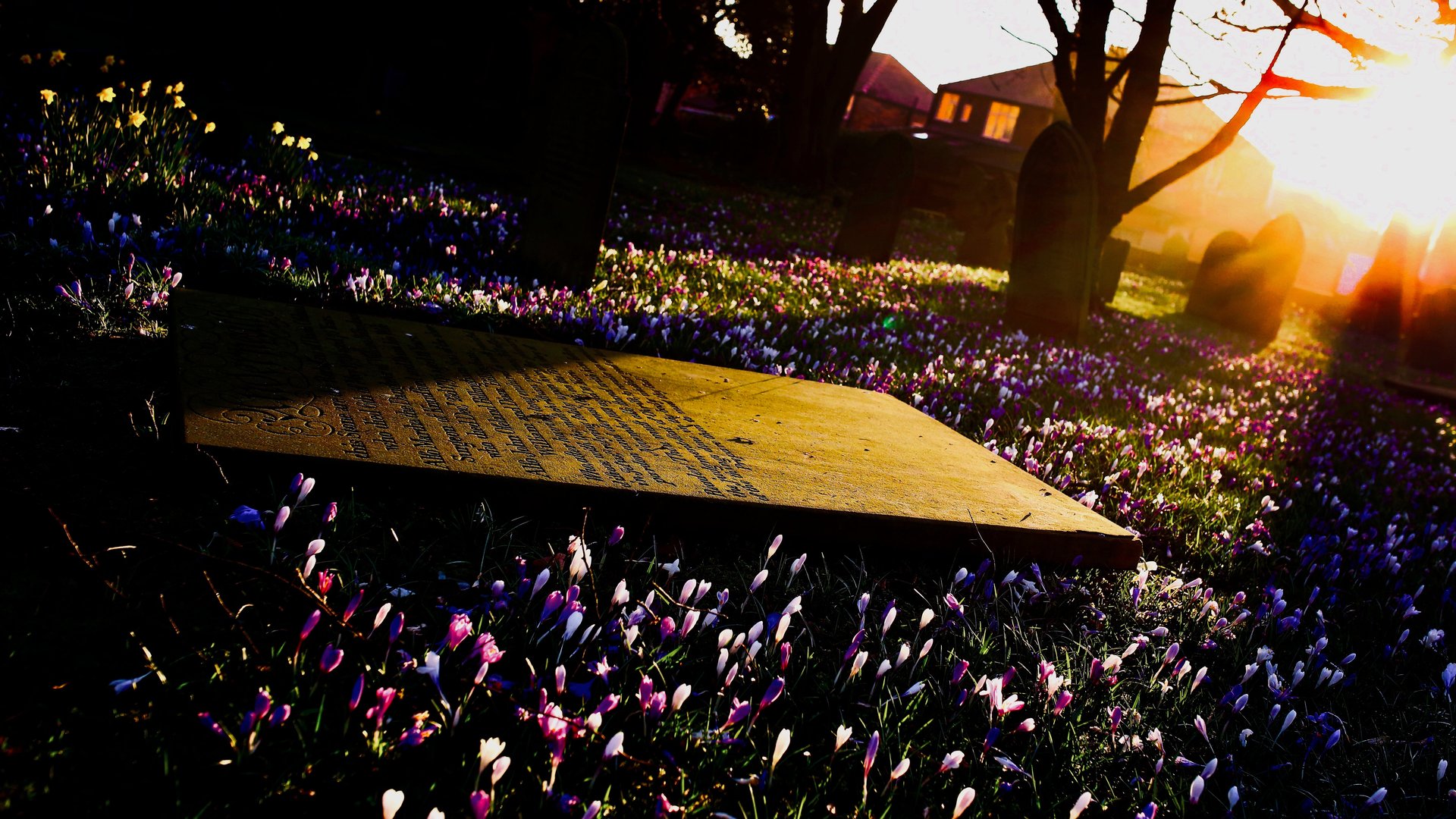The US Supreme Court pries a final opinion from a judge’s cold, dead hands
Federal judges in the US are appointed for life, which means the job ends with their death, the Supreme Court has just ruled.


Federal judges in the US are appointed for life, which means the job ends with their death, the Supreme Court has just ruled.
Issuing opinions from beyond the grave is a no-no, the high court noted yesterday (Feb. 25), sending the case of Yokino v. Rizo back to the Ninth Circuit Court of Appeals for its decision written by a deceased jurist.
Judge Stephen Reinhardt served on the court for 38 years. Eleven days after his death last March, the appellate body— which covers much of the US west from San Francisco—issued an opinion he authored in a case involving the Equal Pay Act. The Supreme Court justices explained in their ruling that they wouldn’t address the substantive question because the opinion was issued by a dead man.
Reinhardt “was no longer a judge” when the opinion was filed and should not have counted as a member of the majority. To do so would allow “a deceased judge to exercise the judicial power of the United States after his death.” The court reminded the Ninth Circuit, which will now have to reconsider the case, that “federal judges are appointed for life, not for eternity.”
The ruling highlights an interesting quirk of the US justice system. Even judges who have participated in all deliberations about a case and have drafted an opinion reserve the right to change their minds until the last moment before a decision is filed.
Reinhardt’s opinion wasn’t set in stone and so the high court pried it from his cold, dead hands. Without Reinhardt’s vote, the Nine Circuit justices were evenly split, five to five—all of whom were “still living when the decision was filed,” as the Supreme Court notes.
Given the fact that high court justices tend to be rather advanced in years and are sometimes reluctant to retire, the rule about death marking the firm end of a judge’s term is no doubt relevant to them. When justice Antonin Scalia died in January 2016, cases he participated in didn’t count his presumed vote based on prior statements and writings. Instead, the court was down a judge and any case that came out even, with four justices for and against, was a draw; the lower court ruling then remained.
As Amy Howe noted in Scotus Blog, the “liberal lion” Reinhardt once remarked that the Supreme Court “can’t catch ’em all”—that is, reverse all his decisions—because it reviews only so many cases a year. The justices made it clear, however, that if nothing else, they could keep up with a dead judge.